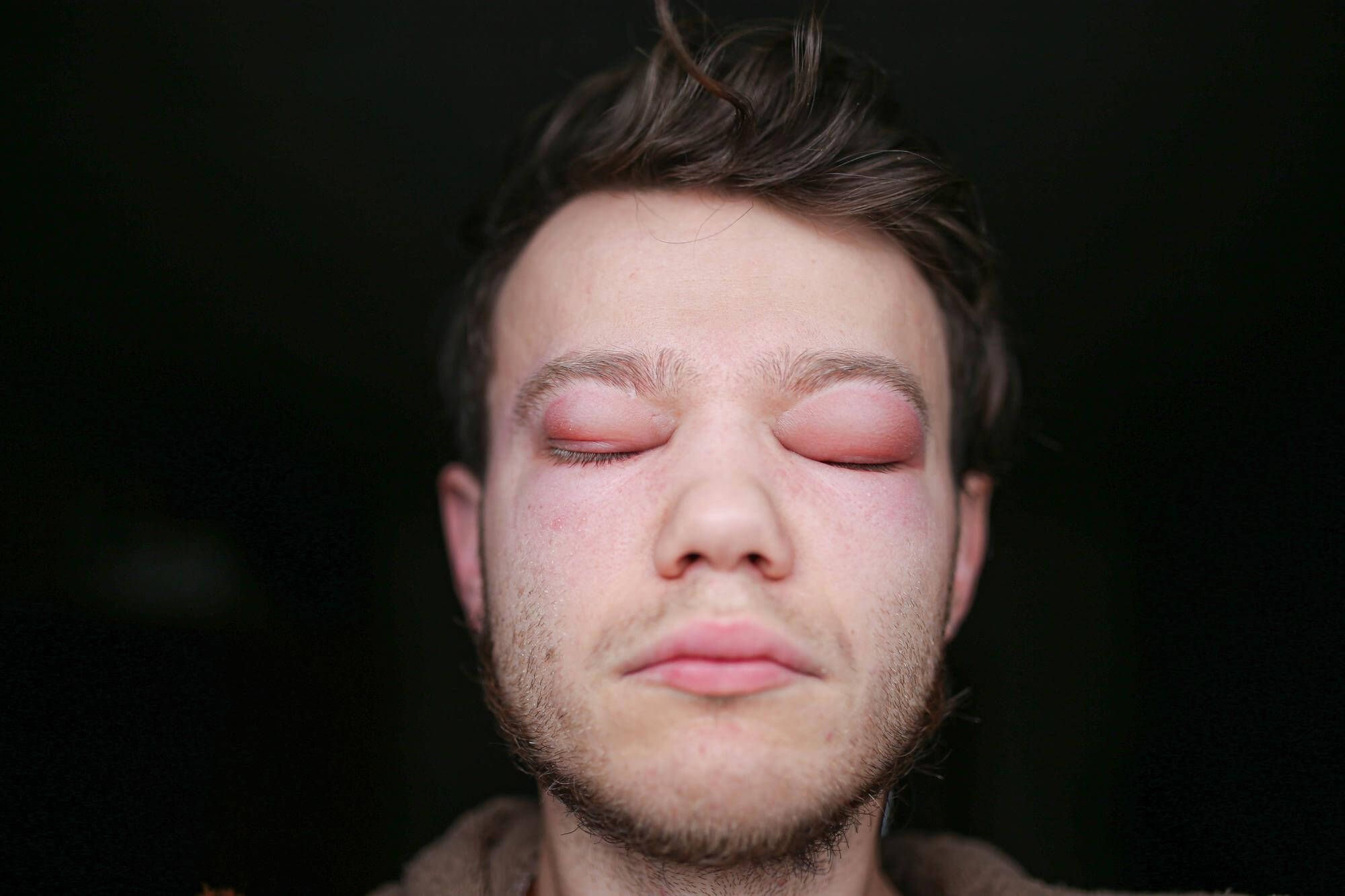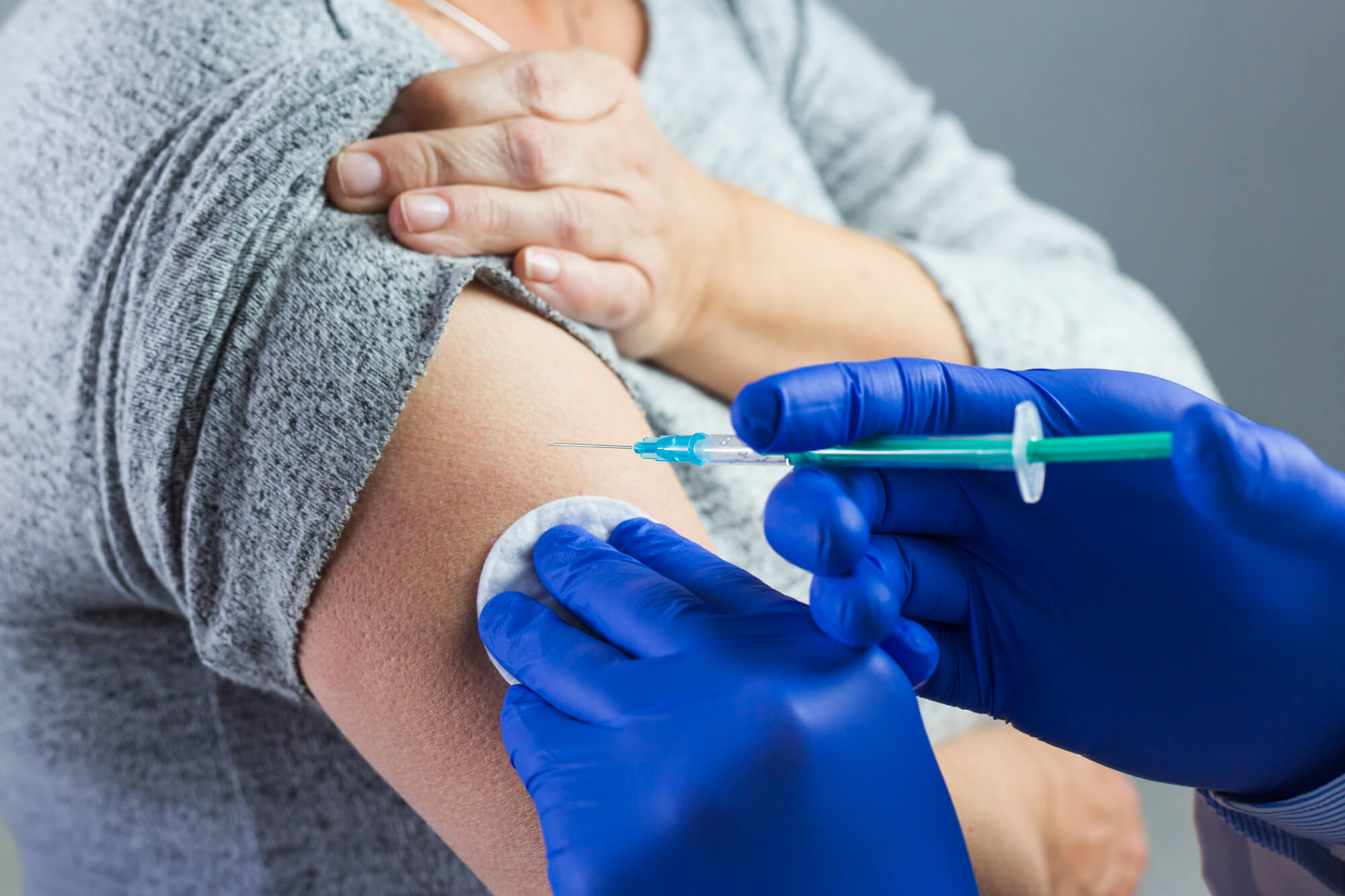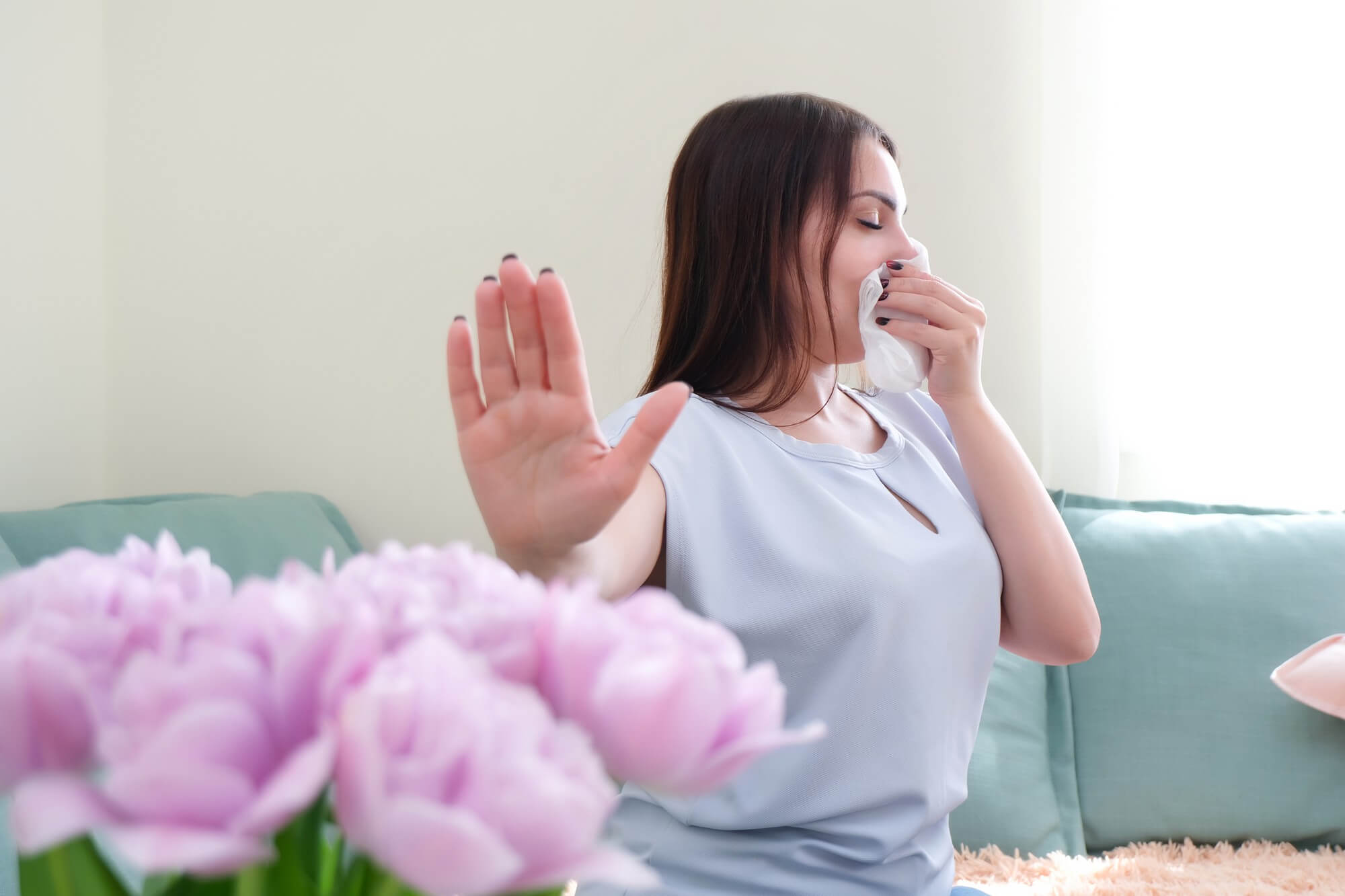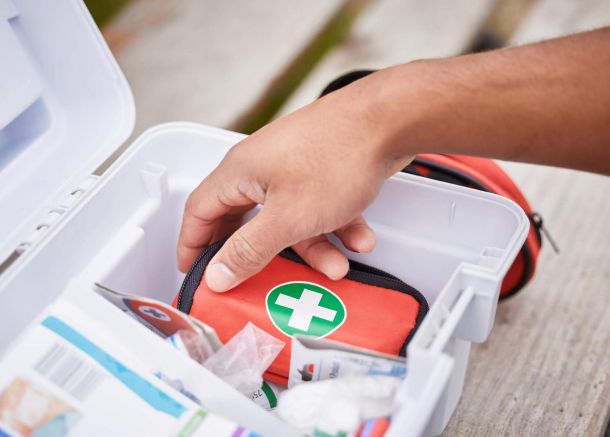Quincke's edema: a tumor-like reaction and treatment


Viktor Levchenko
What is Quincke's edema?
One of the rarest, yet dangerous, allergic diseases is Quincke's edema, also known as giant urticaria or angioedema. This condition is characterized by the rapid development of edema of the subcutaneous tissue and mucous membranes.
Main characteristics of Quincke's edema
Quincke's oedema usually begins suddenly and presents as swelling of the skin, mucous membranes and subcutaneous tissue. Edema can often be seen on the face, including the lips, eyelids and cheeks. However, swelling can affect other parts of the body, including the arms, legs, and genitals.
If Quincke's edema affects the internal organs, symptoms may include abdominal pain, vomiting, and diarrhea. It is especially dangerous when the swelling spreads to the larynx. It can cause breathing difficulties and, in extreme cases, asphyxia, requiring immediate medical attention.
Causes of Quincke's edema

- Quincke's edema can be caused by a reaction to certain foods. Such allergens include milk, eggs, nuts, fish, and other foods. However, this condition can also occur without direct contact with the allergen, for example, in cross-allergies, when the body reacts to substances structurally similar to the true allergens.
- Quincke's edema can also be caused by a reaction to certain medications. Among the most common are some antibiotics, antihypertensive drugs, non-steroidal anti-inflammatory drugs, and others. Quincke's edema can often occur as a result of a psychosomatic reaction, as a result of nervousness, after stress or overexertion.
Diagnosing Quincke's edema
The first step in diagnosing Quincke's edema is a clinical examination. The doctor will take a history, find out about all the symptoms the patient is experiencing, as well as any suspected contact with allergens. It is important to recognize the signs of this disease in time to avoid possible consequences.
In addition to the examination, the doctor may prescribe allergy tests to determine the specific allergen that caused the swelling. This helps formulate an individualized treatment and prevention plan for the condition.
Treating Quincke's edema

How to treat Quincke's edema? Treatment for Quincke's edema is primarily aimed at relieving the swelling and relieving the symptoms. Antihistamines such as Diphenhydramine, Cetirizine, or Loratadine are commonly used for this.
Epinephrine in the treatment of acute Quincke's edema
In case of severe edema, especially if breathing is difficult, an injection of epinephrine may be necessary. This medication quickly relieves the swelling and restores normal breathing. It is important to remember that epinephrine should only be administered under the supervision of medical personnel, as it has a number of side effects and contraindications.
Prevention of Quincke's edema

Preventing Quincke's edema primarily involves avoiding contact with allergens. If the allergen is known, it should be completely eliminated from your life. If the allergen is not known, additional allergy tests may be required.
If you are prone to Quincke's edema, it is important to always carry antihistamines and know how to provide first aid. It is necessary to be prepared for the possibility of calling an ambulance and notify those around you of your condition.
It is important to remember that at the first signs of Quincke's edema it is necessary to seek medical help immediately. You should not try to relieve allergic swelling of the eyes, face or other parts of the body on your own, especially if it spreads and you have difficulty breathing.
In conclusion, I would like to emphasize that Quincke's edema is a serious condition that requires immediate medical intervention. If you have symptoms that indicate possible Quincke's edema, it is necessary to see a doctor immediately. In addition, it is always important to take preventive measures, monitor your health and avoid contact with known allergens.
New materials
Popular Articles
We recommend reading
Contact us in the Contact Us section to ask questions, offer ideas, or for more information about our allergy resource.
Our articles are your trusted source of allergy knowledge. Learn how to make life with allergic reactions easier on our specialized portal.
©
Lechenie-Allergii.com. All rights reserved.
© Lechenie-Allergii.com. All rights reserved.
The information on this site is for informational purposes only and is not a substitute for professional medical advice. We recommend consulting with qualified medical professionals for accurate information and advice.
 English
English  Українська
Українська  Русский
Русский 









